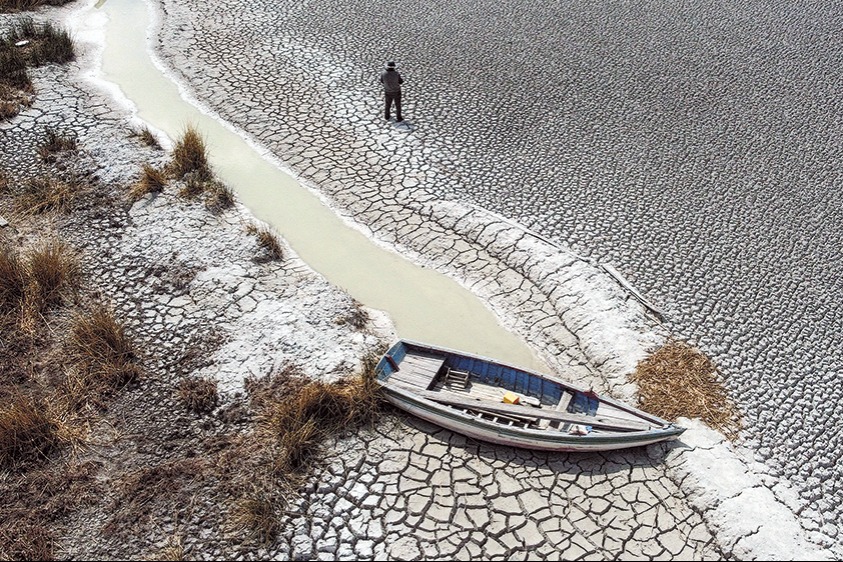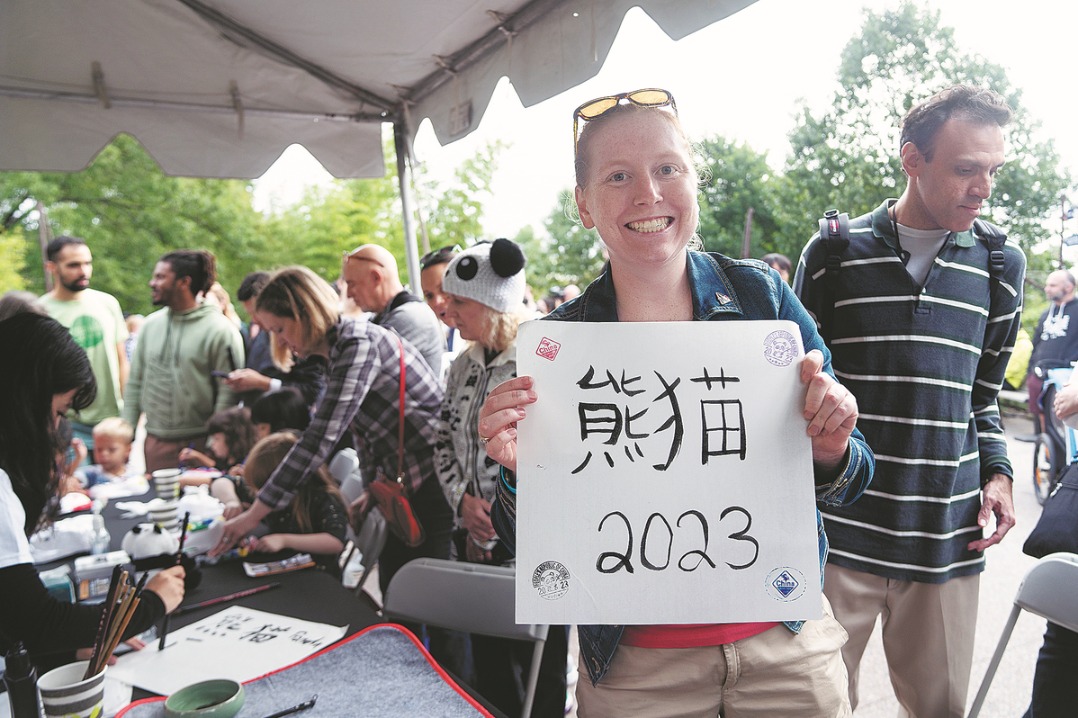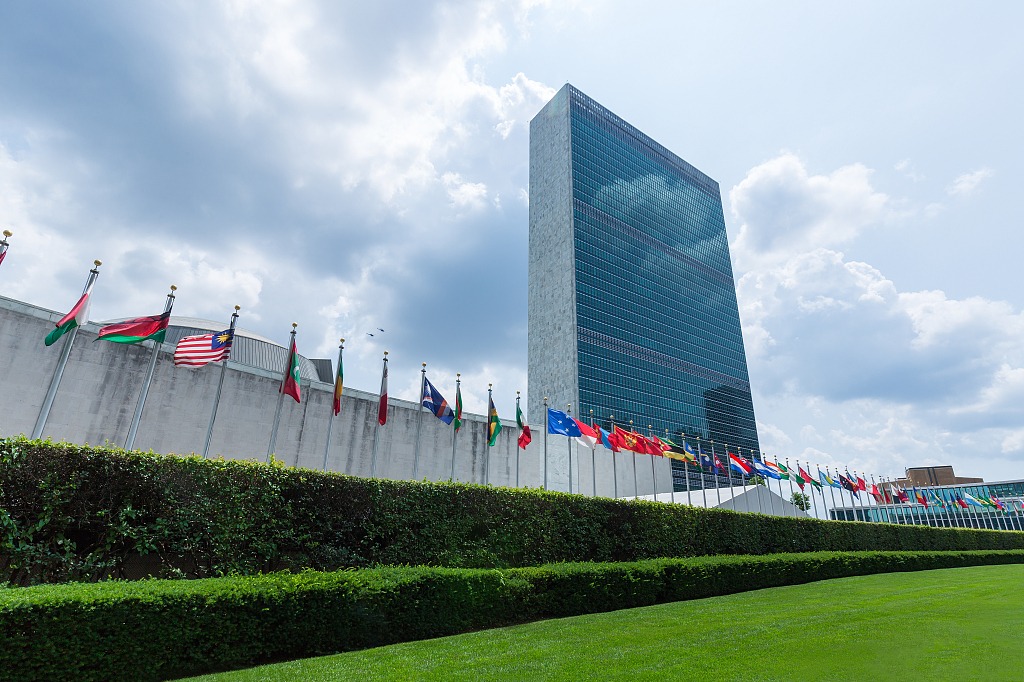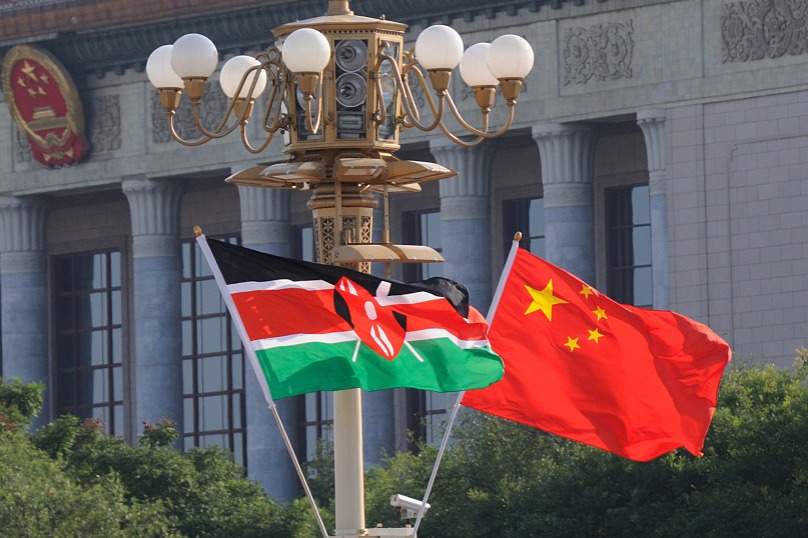Washington needs to stay committed to one-China principle

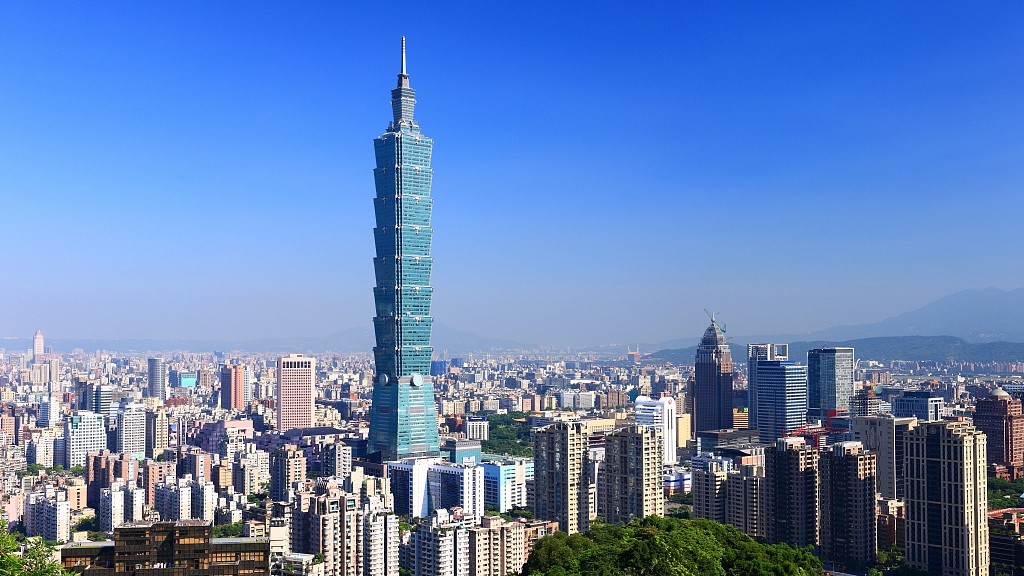
The one-China principle explicitly explains why Taiwan is an inalienable and integral part of China. It is a red line drawn since the establishment of the People's Republic of China in 1949 and ratified by the United Nations in 1971 through UN Resolution 2758.
The core of the UN resolution is the one-China principle, which states that there is only one China, and the government of the PRC is the sole legitimate government representing the whole of China, and Taiwan is part of China.
Therefore, a wider community of 181 countries, by following the UN resolution, established and developed diplomatic relations with the People's Republic of China.
These countries, including the United States, unambiguously endorsed the PRC as the sole representative of the people of China.
The three joint communiques that the US issued with China commit the US to adherence to the one-China principle.
Through the communiques, the US specifically committed to keeping only commercial and unofficial links with Taiwan, which means that officials like House Speaker Nancy Pelosi should never have been in Taiwan in an official capacity.
Unfortunately, US deviations from its pledges are not unusual. Despite all provocations, China has tried to avert the interference and criticism but emphasized the red line as the core of bilateral relations.
However, the visit by Pelosi to Taiwan has changed all the dynamics. She went ahead, after China clarified its red line in bilateral relations, in blatant disregard of China's continuous warnings and the advice of people from many other countries.
First of all, Pelosi should have realized that her visit marked a deliberate crossing by the US of China's red line. Second, it was the ultimate denial of the one-China principle recognized by the UN and the US itself. Third, it was an official departure from and betrayal of the US' stated commitments to China.
Therefore, China feels that the US has broken the commitments. There is consensus among a wider community of countries, Pakistan included, that China's concerns and countermeasures are justifiable.
China is taking this US violation of agreements and norms very seriously and is honoring its words with concrete countermeasures.
Maybe some US politicians and anti-China forces, in their wild bid to contain China, are deliberately pushing for the possibility of hot conflict, making the world worse amid multiple challenges at global level. However, they should never underestimate the strong will of resistance from the Chinese, who for centuries have taken pride in national unity and sovereignty.
Neither China nor other parts of the world want the US to provoke China further, because in the current context, a conflict between the world's largest economy and the biggest trade partner of most countries would have an impact on the world beyond imagination.
China values peace over conflict and has kept its word on seeking maximum means of solving the Taiwan question with peaceful means.
But the US needs to understand that even Chinese patience has a limit. Therefore, the US must stop such provocative actions, which could lead to much more than disturbing the regional peace.
Thus, it is advisable for the US and allies to stay committed to the one-China principle and avoid further interfering in China's internal affairs.
Large parts of the international community have opposed US violations of the UN resolution on Taiwan and international norms and consider the US responsible for the deteriorating situation in the region.
Any further US actions down this path of troublemaking and attempts to contain would result in a worsening of the trust deficit for the administration of US President Joe Biden.
The world needs peace and sustainable development, not conflicts, more than ever. Thus, the US, which is the biggest economy and has the strongest military in the world, must do its part for common peace and development and not provoke any more tension.
The author is CEO of the Asian Institute of Eco-civilization Research and Development in Pakistan.


















